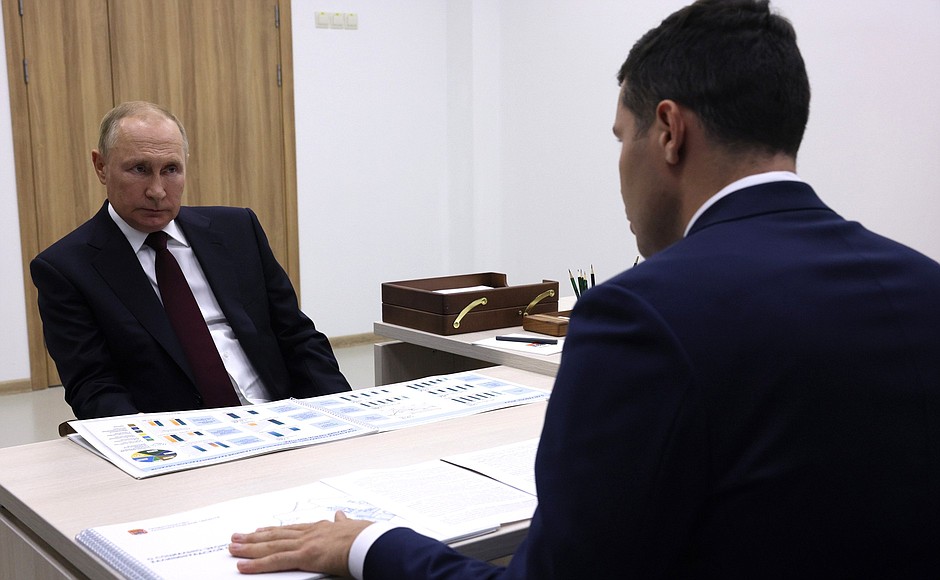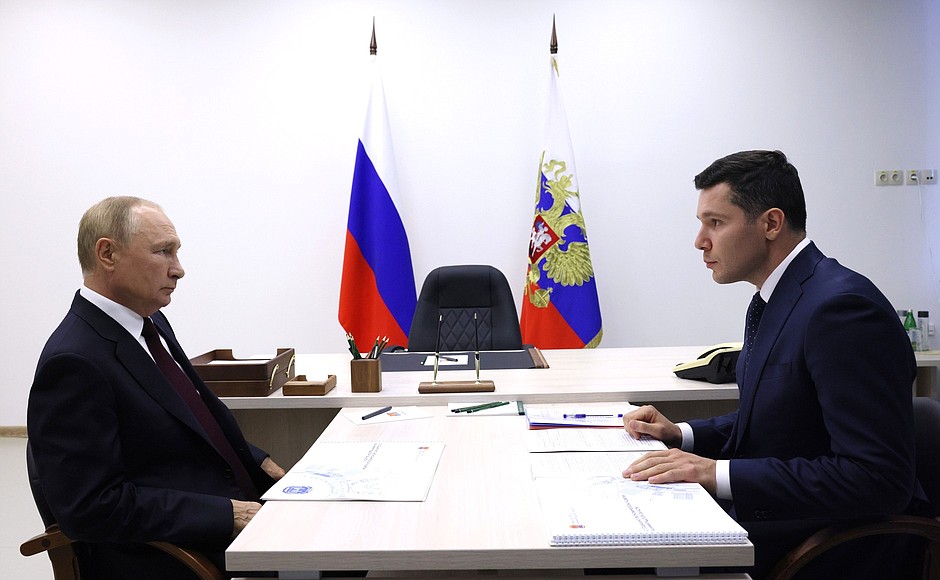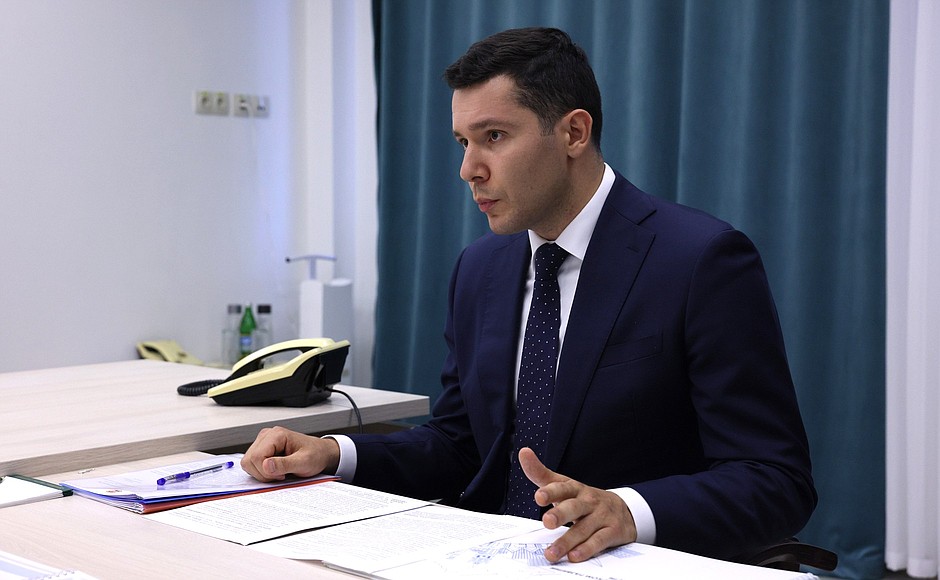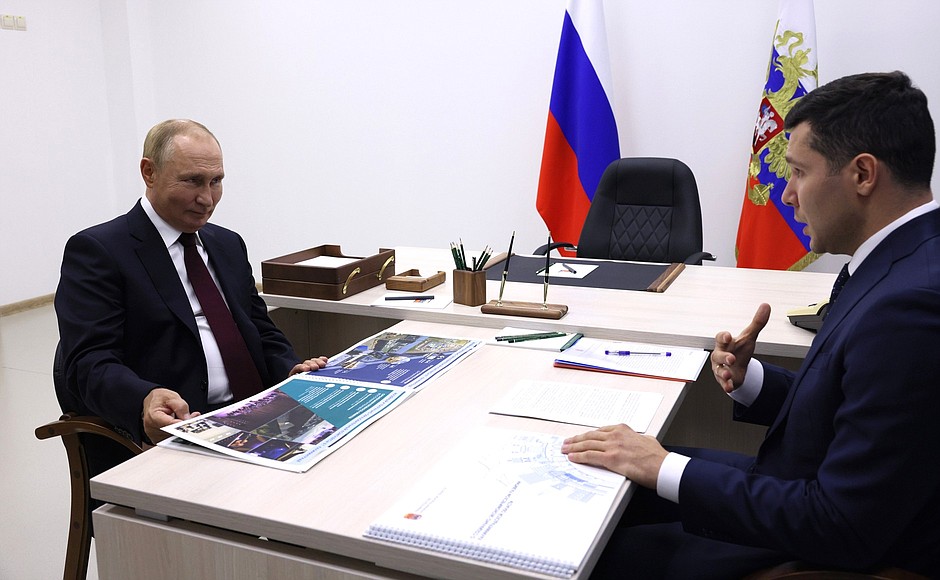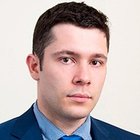Anton Alikhanov began his report with the situation in education. In recent years, four schools and 17 kindergartens have been built in the region. This year, 3,500 more children enrolled at the region’s educational institutions than last year. Thanks to a new demographic subsidy from the Government, the growing region was able to conclude concession agreements for the construction of schools, to attract private funds, and 10 more schools will be built in the next five years in the Kaliningrad Region.
The region’s population is growing, but so far this is due to migration. The region is attractive, with the population growing by about 1 percent per year over the past five years. However, additional regional measures need to be adopted to spur natural growth; the regional authorities are working on this now.
The Governor also spoke about the opportunities for extracurricular education for schoolchildren, and vacation options for children. Several corporate children's camps closed in the late 1990s. An agreement has been reached with former owners of those camps to transfer the land plots to the region; the plan is to revive the camps and build infrastructure for year-round operation. The respective proposals will be prepared.
See also
Mr Alikhanov also reported positive results of a feasibility study for the Immanuel Kant Baltic Federal University campus project. Construction will begin this year. The tercentenary of Immanuel Kant will be marked in 2024, an important anniversary for the Kaliningrad Region as well as for the international scientific community, the Governor added. Anton Alikhanov invited the President to take part in the anniversary events.
Answering the President's question about the creation of the Museum and Theatre Education Complex, Anton Alikhanov said that the Central Music School, which is part of the complex, began its work late last year and has become an internationally recognised institution. So far, 132 children attend it. The campaign to enrol children in the Academy of Choreography is underway, as is the construction of the branches of the Tretyakov Gallery and the Bolshoi Theatre. The region’s culture has reached a new level of development.
Vladimir Putin noted that he has long thought about using the artworks that are currently stored in the repositories of the Hermitage Museum and the Tretyakov Gallery to exhibit them in the Kaliningrad Region, Kemerovo, Vladivostok and Sevastopol. It will facilitate museum studies and provide public access to these masterpieces, as well as improve the training of experts and the quality of life in those regions.
Anton Alikhanov also spoke about major economic projects. Despite restrictions imposed by the neighbouring states, fixed asset investment growth in the first six months of 2022 was over 50 percent as compared to the previous year. The Rosatom state corporation plans to begin the construction of the region’s largest plant to manufacture lithium-ion batteries, electric car batteries and various types of electric vehicles this year.
As for transport issues, in the beginning of the year, two ferries operated between Baltiysk and Ust-Luga; there are currently eight of them. But there are already waiting lists for them; therefore, Anton Alikhanov asked the President to issue relevant instructions to the Transport Ministry: there are available capacities in the Black Sea and other waters; ferries and bulk carriers can be relocated to the Kaliningrad Region to service roll on/roll off operations. It is crucial for the region to bypass restrictions illegitimately imposed by the Lithuanian neighbours. According to the Governor, a draft resolution has already been developed together with the Government to subsidise these operations so that the route and its cost would remain at the same level as it was before the restrictions.
The President emphasised that all the necessary, useful and economically viable measures will be implemented.
